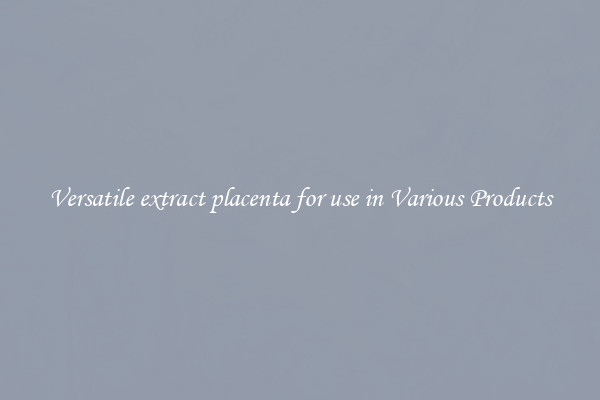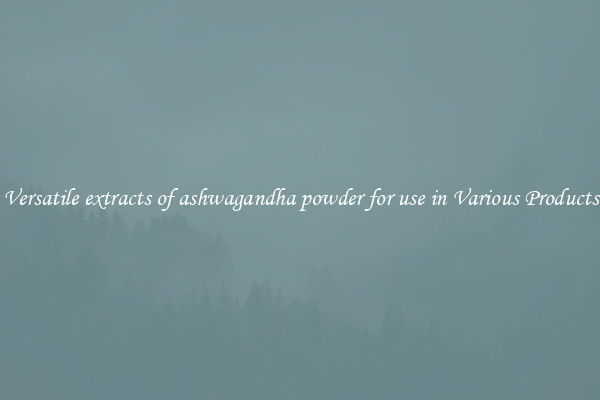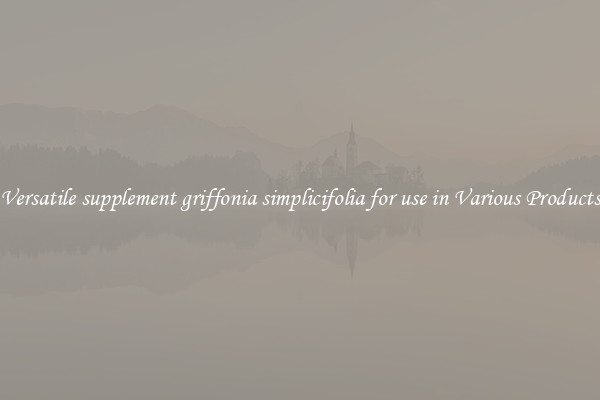Versatile industrial tannic acid price for use in Various Products
Tannic acid is a versatile substance that finds its application in a wide range of industries and products. Known for its astringent properties, tannic acid is derived from plant materials such as oak bark, nutgalls, and tea leaves. It has been used for centuries in various industries, including textiles, cosmetics, pharmaceuticals, and even in winemaking.
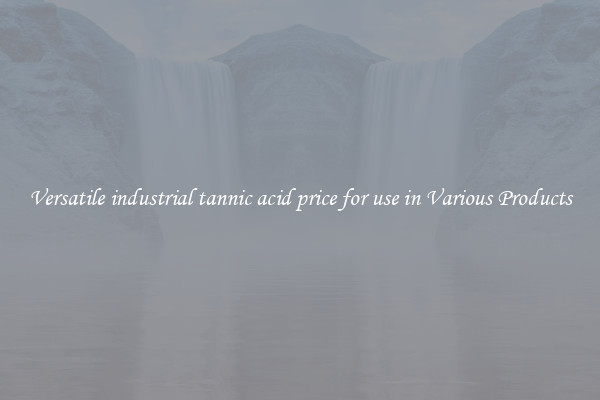
One of the factors that determine the quality and availability of tannic acid is its price. The price of tannic acid can vary depending on factors such as the source of extraction, the purity of the product, and its concentration. However, tannic acid is generally considered affordable and relatively inexpensive compared to many other industrial-grade chemicals.
In the textile industry, tannic acid is used as a mordant, which helps to fix dyes onto fabrics. It enhances the colorfastness of dyes and prevents them from washing out or fading. Tannic acid is also used in the process of tanning leather, where it helps to strengthen and preserve animal hides. It acts as a natural cross-linker, binding the fibers together and making them more resistant to wear and tear.
In the cosmetic industry, tannic acid is used for its astringent properties. It helps to tighten pores and reduce oiliness, making it an effective ingredient in facial toners and a variety of skincare products. Tannic acid is also used in hair care products to enhance shine and manageability.
In the pharmaceutical industry, tannic acid is used as an ingredient in ointments and topical medications for its antiviral, antibacterial, and antifungal properties. It is known to have a soothing effect on wounds and can help promote healing.
Aside from these industries, tannic acid also finds its way into various other products. It is used as a corrosion inhibitor in the metalworking industry, where it helps to protect metal surfaces from rust and oxidation. Tannic acid is also used in winemaking as a clarifying agent, helping to remove impurities and improve the clarity of the wine.
The price of tannic acid varies depending on the intended use and the quantity needed. Bulk purchases may result in lower unit prices, making it more cost-effective for industrial applications. However, it is important to consider the quality of the product when comparing prices. Higher purity tannic acid may cost more upfront but can provide better results and reduce the need for additional quantities.
In conclusion, tannic acid is a versatile substance that finds its application in various industries and products. Its price is generally considered affordable and it offers great value for the benefits it provides. Whether it is used in textiles, cosmetics, pharmaceuticals, or other industries, tannic acid plays a crucial role in enhancing the quality and performance of the products it is used in.

View details
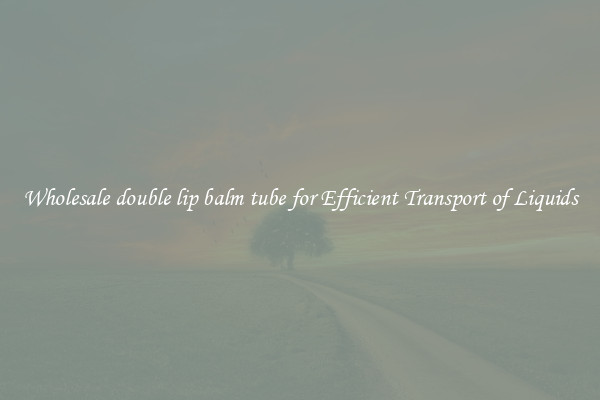
View details

View details

View details
